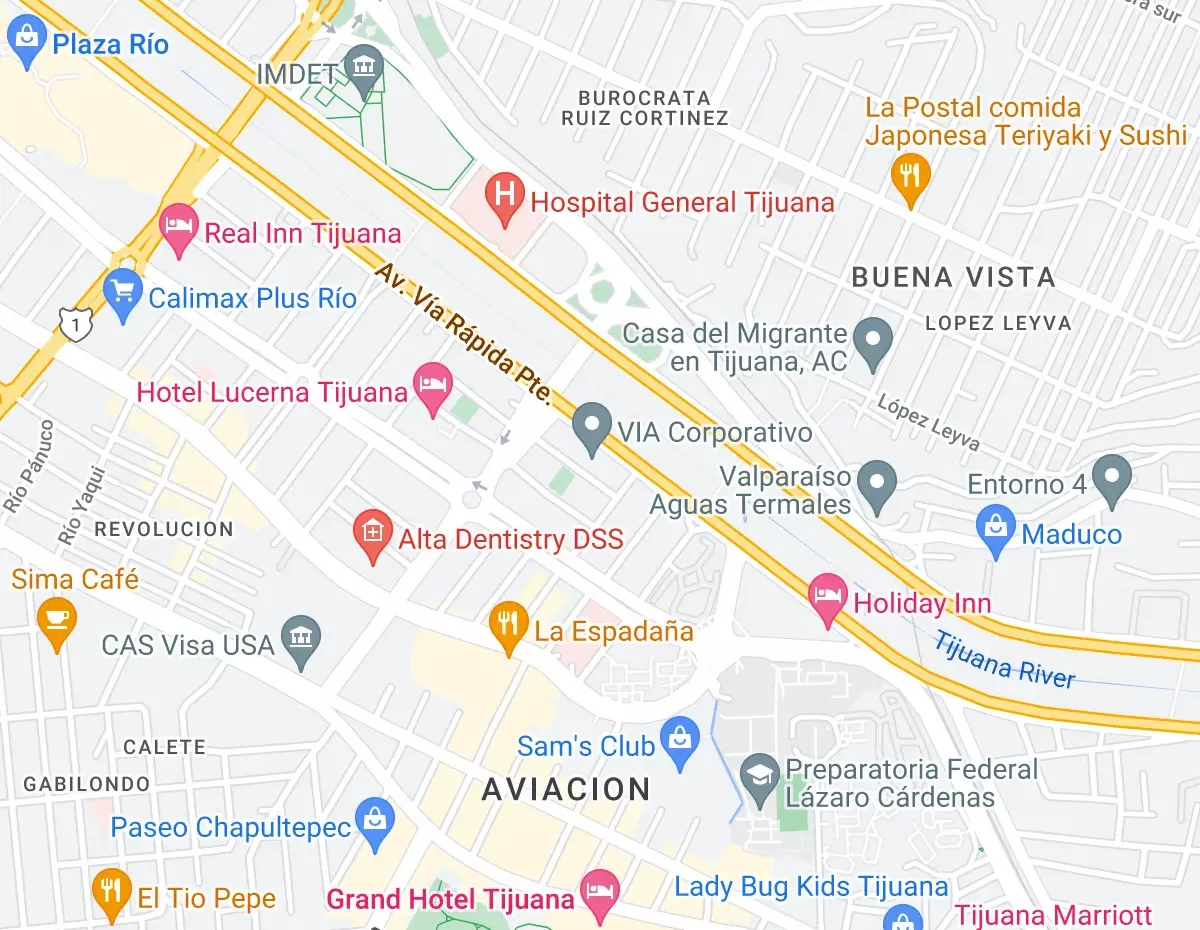Exploring the world of psychedelics often brings up two intriguing substances: Ibogaine and Ayahuasca. Both known for their profound effects, these plant-based medicines offer unique experiences and potential benefits.
Ibogaine, derived from the African shrub Iboga, has gained attention for its ability to interrupt substance use disorders, especially heroin and other opiates. The psychedelic drug ibogaine is a focus of numerous studies due to its efficacy in these treatments.
On the other hand, Ayahuasca, a powerful brew from the Amazon, is celebrated for its deep spiritual insights and potential to alleviate depression. This comparison delves into their mechanisms, uses, and impacts, shedding light on how these substances interact with serotonin and their roles in therapy and beyond.
Let's take a look at this fascinating journey of psychedelic exploration.
Key Takeaways
- Ibogaine and Ayahuasca are both powerful psychedelics known for their unique therapeutic benefits, particularly in treating addiction and trauma. Ibogaine, derived from the African shrub Iboga, is recognized for its ability to interrupt substance use disorders, especially heroin and other opiates. On the other hand, Ayahuasca, a traditional Amazonian brew, is celebrated for its deep spiritual insights and potential to alleviate depression. Understanding the distinct mechanisms and impacts of these substances can help individuals choose the most suitable treatment for their needs.
- Ibogaine works by interacting with multiple neurotransmitter systems in the brain, including opioid receptors. This interaction helps to alleviate withdrawal symptoms and reduce cravings, making ibogaine a powerful tool for treating substance use disorders. Ayahuasca, however, primarily focuses on psychological insights, with its active components allowing for profound alterations in consciousness. Both substances offer unique therapeutic benefits, but their mechanisms of action and primary effects differ significantly.
- The ibogaine treatment process typically involves a single, supervised dose administered in a controlled clinical setting. This approach addresses both the physical and psychological aspects of addiction, providing rapid relief from withdrawal symptoms and cravings. Ayahuasca ceremonies, on the other hand, are often conducted in traditional settings with the guidance of shamans, focusing on spiritual and emotional healing. Each treatment method has its own protocols and requirements, reflecting their different cultural and therapeutic contexts.
- Both ibogaine and ayahuasca come with significant risks that must be carefully managed. Ibogaine can cause severe cardiac complications, particularly in individuals with pre-existing heart conditions or those using other substances. Ayahuasca, while generally considered safe in controlled settings, can induce intense psychological experiences that may exacerbate mental health issues. Thorough medical screening and professional supervision are essential for both treatments to ensure patient safety and maximize therapeutic benefits.
- The legal status of ibogaine and ayahuasca varies widely across different countries. Ibogaine is classified as a Schedule I controlled substance in the United States, making its use illegal. As a result, individuals seeking ibogaine treatment must travel to countries where it is legal. Ayahuasca, on the other hand, is legal in several South American countries for religious and therapeutic purposes, but its status remains restricted in many parts of the world. This legal disparity affects access to these substances and influences the contexts in which they can be safely and effectively used.
Ibogaine Overview
Ibogaine, extracted from the root bark of the Tabernanthe iboga shrub, has been used for centuries in Bwiti spiritual and healing ceremonies in Africa. Recently, it has garnered attention for its potential therapeutic benefits in treating addiction and substance use disorders. Ibogaine therapy offers a unique approach by addressing the physical, psychological, and spiritual aspects of addiction. Its complex mechanism of action involves multiple neurotransmitter systems, making it a powerful tool in the fight against drug addiction.
Despite its promising therapeutic potential, ibogaine also comes with significant risks, including cardiac complications, particularly without proper medical supervision. The World Health Organization and various clinical studies are examining its safety and efficacy, with clinical trials ongoing to determine its long-term effects and therapeutic viability.
Mechanism of Action
Ibogaine acts on multiple neurotransmitter systems, including opioid receptors, which is believed to contribute to its ability to alleviate withdrawal symptoms from opioids. This has made ibogaine a notable treatment for substance use disorders. This pharmacological action is distinct from that of ayahuasca, which primarily focuses on psychological insights.
Therapeutic Effects of Ibogaine
Ibogaine is particularly noted for its effectiveness in treating opioid addiction, providing rapid relief from withdrawal symptoms. Unlike ayahuasca, which primarily offers psychological insights, ibogaine has a direct pharmacological effect that can help stabilize patients during detoxification.
Ayahuasca Overview
Ayahuasca, a traditional Amazonian brew made from the Banisteriopsis caapi vine and other plant ingredients, has been used for centuries in spiritual and healing ceremonies. This potent hallucinogen induces profound alterations in consciousness, often described as ethereal or cosmic experiences. The use of ayahuasca has spread globally, with many seeking its therapeutic effects for mental health issues such as depression, anxiety, and post-traumatic stress disorder. Similarly, the drug ibogaine is becoming more widely known for its therapeutic benefits.
Clinical research on ayahuasca’s therapeutic potential is growing, with studies indicating its benefits for cognitive function and mood disorders. Ayahuasca ceremonies are typically conducted in structured clinical settings to ensure safety and maximize the therapeutic benefits of this powerful psychedelic.
Mechanism of Action
The β-carbolines in ayahuasca, such as harmine, inhibit monoamine oxidase-A (MAO-A), allowing DMT to become psychoactive when taken orally. This results in profound alterations in consciousness, often described as ethereal or cosmic experiences.
Therapeutic Effects of Ayahuasca
Ayahuasca has been associated with anxiolytic, antidepressant, and anti-addictive effects. Research suggests it can modulate neurotransmitter levels and has potential benefits for mood and anxiety disorders. Such findings are often discussed in a literature review focusing on the use of ibogaine.
Experience and Effects - Ibogaine
Ibogaine treatment offers a unique and deeply introspective experience that sets it apart from other psychedelics. The effects of this drug, extracted from the root bark of the Tabernanthe iboga shrub, provide significant insights into personal behavior and life patterns. Veterans with traumatic brain injuries have reported notable benefits from the psychedelic ibogaine experience.
Unlike many treatments, a single dose of ibogaine can lead to profound and long-lasting changes. The therapeutic journey often includes confronting past traumas and gaining clarity on personal issues, making it a powerful tool for those seeking deep psychological and spiritual healing.
Nature of Experience
The ibogaine experience is often described as deeply introspective and grounding. Users report gaining clear insights into their behaviors and life patterns, often confronting personal truths directly.
Duration
The effects of ibogaine can last significantly longer, often up to 24 hours, with users experiencing a prolonged state of introspection and vivid memories of past events. Any comprehensive research on ibogaine should consider these long-lasting effects.
Experience and Effects - Ayahuasca
The experience of ayahuasca, a powerful Amazonian brew, is often described as a journey into the cosmos, offering vivid visual and auditory hallucinations. This section delves into the unique effects of the psychedelic, highlighting its profound impact on consciousness and its potential therapeutic benefits. The psychedelic drug ibogaine is a primary focus due to its wide-ranging effects.
Ayahuasca and iboga, although different, both offer transformative experiences, with ayahuasca being particularly noted for its antidepressant effects. In the case of ibogaine, its transformative properties are often linked to its potential as a treatment for substance use. Veterans with traumatic brain injuries and others have found relief through the spiritual and healing ceremonies associated with this brew. A single dose of ayahuasca can facilitate deep introspection and emotional healing, making it a valuable tool in the treatment of mental health issues.
Nature of Experience
Users often describe the ayahuasca experience as a journey into the cosmos, characterized by vivid visual and auditory hallucinations. The experience can be introspective but is often more abstract and symbolic, requiring time to interpret the insights gained.
Duration
The effects of ayahuasca typically last between 4 to 8 hours, depending on the individual and the brew's composition.
Safety and Legal Status of Ibogaine and Ayahuasca
- Ayahuasca: Generally considered safe when used in controlled settings, ayahuasca is legal in some countries for ceremonial use but remains a Schedule I substance in the U.S. Its safety profile is supported by numerous studies indicating low mortality rates associated with its use.
- Ibogaine: While ibogaine has shown promise in addiction treatment, it is classified as a Schedule I substance in the U.S., making research and clinical use challenging. Its use can be associated with significant risks, including cardiac complications, particularly in unsupervised settings.
However, some individuals seek ibogaine treatment center in Mexico where regulations are more lenient. These clinics often provide a comprehensive approach, including medical supervision, psychological support, and aftercare planning. It is crucial to carefully evaluate the risks and benefits of ibogaine therapy and to only consider treatment at reputable facilities with experienced staff and established safety protocols.
Closing Thoughts
Both ibogaine and ayahuasca offer unique and profound therapeutic benefits, each with its own distinct mechanisms and cultural contexts. While ibogaine is particularly effective in treating substance use disorders and providing rapid relief from withdrawal symptoms, ayahuasca is celebrated for its emotional and spiritual healing capabilities. The choice between these powerful psychedelics depends on individual needs and therapeutic goals.
If you or a loved one is struggling with addiction and seeking a transformative healing experience, consider New Roots Ibogaine. Our experienced team provides safe, medically supervised ibogaine treatment to help you achieve lasting recovery and a renewed sense of well-being.
Contact us today to start your journey toward healing.




